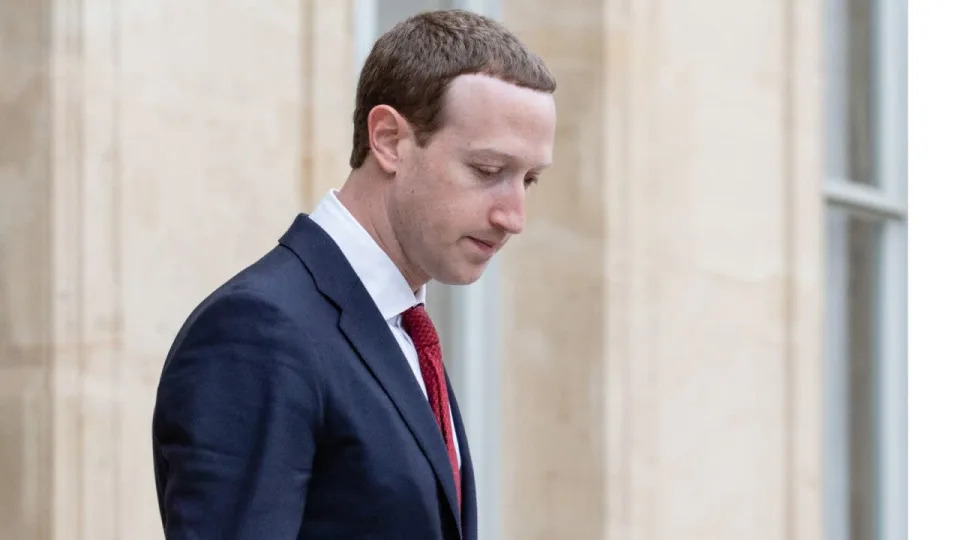Meta, the company led by Mark Zuckerberg, received a harsh sanction in Ireland for mishandling information related to adolescents. The decision was made by the Data Protection Commission (DPC) of that country and consists of a fine of 402 million dollars.
The information was released by Caolmhe McGuire, DPC spokesman. “Full details of the decision will be released next week,” the official told The Verge.
McGuire was the leader of the investigation against Meta and, as he commented, “they spent two years to build the case.” In addition, he explained that they focused on two aspects to determine that the company violated the country’s law, although one of them was the main one.
“It is related to Instagram, which allowed young users, ages 13 to 17, to set up business accounts on the platform, which made those users’ contact information publicly available,” he noted.
This is the third and largest fine that the DPC has imposed on Meta. Until now, one for US $ 267 million was the highest. This occurred after the DPC discovered that WhatsApp “did not adequately inform the citizens of the European Union about how it collected and used their data.”
At that time, WhatsApp was ordered to change its privacy policy. On the other hand, there was a fine of almost 20 million dollars for record keeping problems on security violations.
Finally, the DPC notes that they also have dozens of other ongoing investigations against big tech companies, including several more related to Meta’s data practices.
Target’s response
Meta responded to the fine imposed by Ireland through an article in the Political medium. “We updated the default public setting over a year ago. Anyone under the age of 18 automatically has their account set to private when they join Instagram, so only people they know can see what they’re on,” they said. Mark Zuckerberg company. They added: “Adults can’t message teens who don’t follow them.”
In other statements, the company told the Associated Press that “we disagree with the way this fine was calculated and we intend to appeal it.”
It is not the first time that the way in which Meta, and Instagram in particular, manage the online experience of its youngest users has come under the critical spotlight of society in recent years.
One of the most relevant testimonies was given by Frances Haugen, who was a product manager for Facebook’s civic integrity department. She revealed dozens of documents about the effect of Instagram on the mental health of adolescents.
To counteract this, from Instagram they assure that they collaborate with investigations such as those carried out by the DPC. Also, they try to build versions of Instagram that are better suited to younger users. “I have to believe that parents would much rather have their kids use an age-appropriate version of Instagram that gives them supervision than the alternative,” said Adam Mosseri, head of Instagram.

